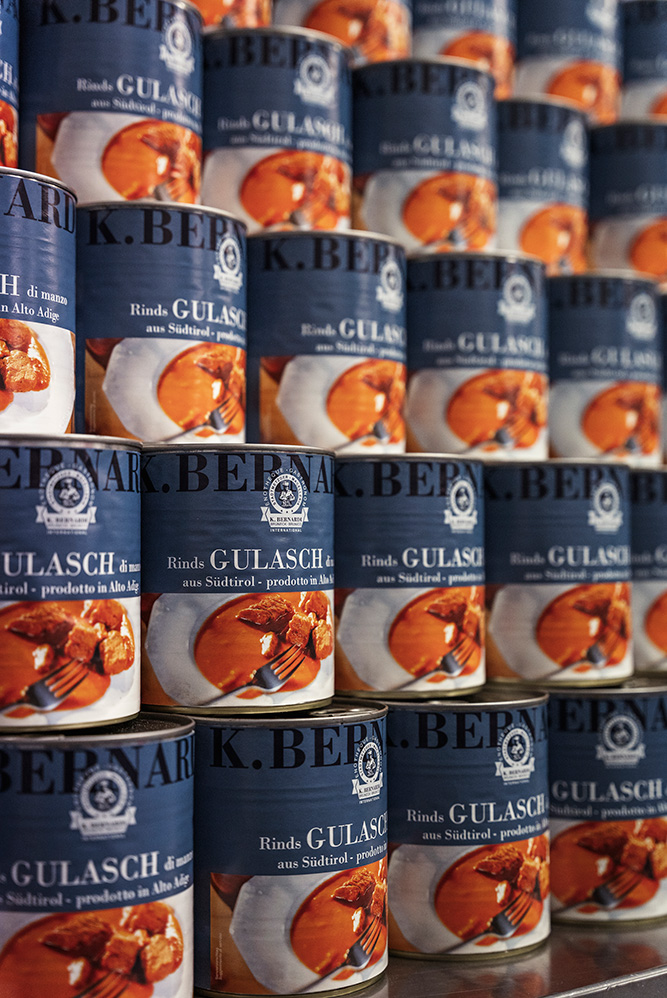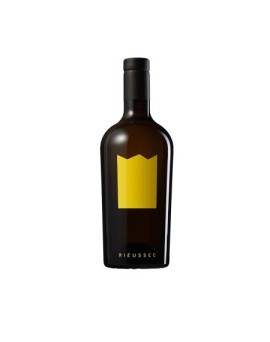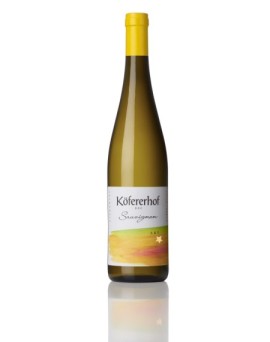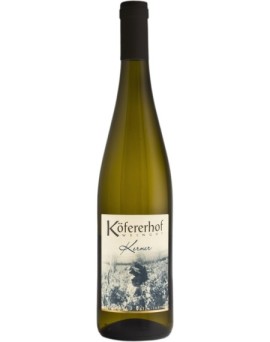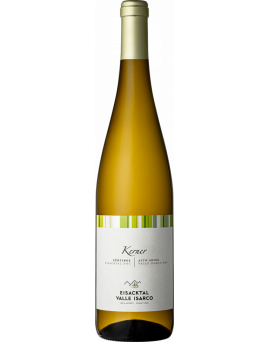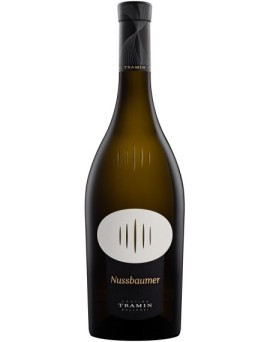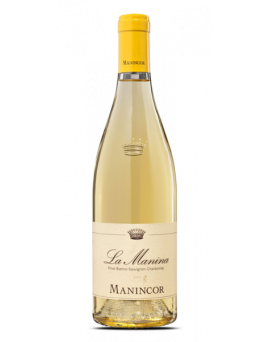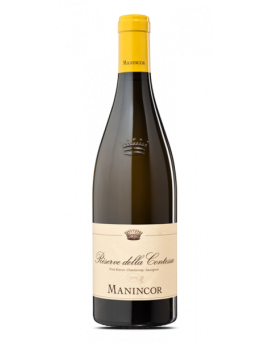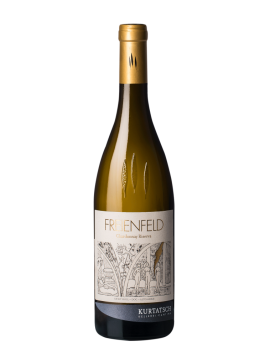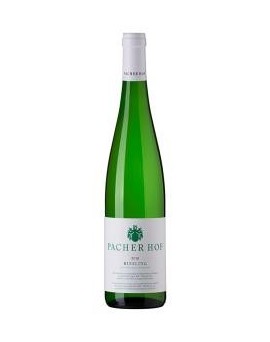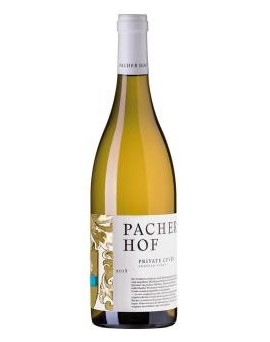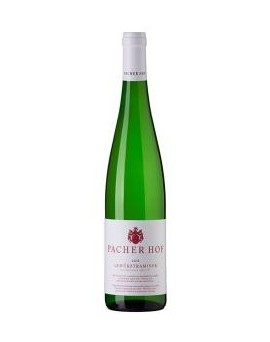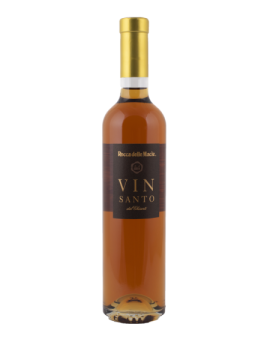Château Rieussec 2021 750ml...
TYPE: AOC Sauternes Premier Cru<br />PRODUCTION AREA: The vineyards of the Sauternes appellation are located on the left bank of the Garonne, about 50 km south of Bordeaux.<br />GRAPE VARIETIES: 83% Sémillon, 17% Sauvignon<br />SOIL TYPE: Clay-sandy soil.<br />VINIFICATION: All batches are pressed individually using a low-capacity pneumatic press. After several hours of cold settling, the must is fermented in new oak barrels<br />produced by Tonnellerie des Domaines in Pauillac. Alcoholic fermentation is interrupted as soon as the desired balance between alcohol and sugar is achieved. After<br />fermentation, the wine is aged in barrels for 24 months.<br />COLOUR: Delicately golden with green highlights.<br />NOSE: The nose is intense and richly aromatic. Initial notes of citrus zest are followed by hints of lemon cake, then toasted notes reminiscent of freshly baked brioche.<br />FLAVOUR: On the palate, there are aromas of mandarin peel and candied orange, enriched by a touch of star anise that emphasises the aromatic freshness of this wine.<br />The rich and dense mouthfeel has good length with a nice bitter finish.<br />
Price
€219.80

